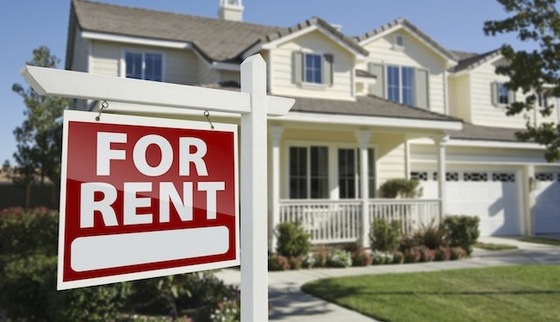
In today’s dynamic real estate market, homeowners sometimes face a challenging situation: they need to move, but market conditions aren’t ideal for selling their property. Converting your home into a rental property might seem like an attractive solution, but this decision requires careful consideration. Let’s explore the advantages and potential drawbacks of becoming an accidental landlord.
The Advantages
Financial Benefits
- Monthly Income Stream
- Regular rental payments can cover your mortgage and potentially generate additional income
- Opportunity to build equity while someone else pays your mortgage
- Possible tax deductions for property maintenance and depreciation
- Property Value Appreciation
- Hold onto your property until market conditions improve
- Benefit from long-term real estate appreciation
- Maintain the option to sell when the market rebounds
Strategic Flexibility
- Market Timing
- Avoid selling at a loss during market downturns
- Wait for more favorable selling conditions
- Maintain control over your property’s future
- Investment Portfolio Diversification
- Add real estate to your investment mix
- Create passive income opportunities
- Build long-term wealth through property ownership
The Challenges
Financial Responsibilities
- Unexpected Costs
- Emergency repairs and maintenance
- Possible property management fees (typically 8–12% of monthly rent)
- Coverage for periods between tenants
- Higher insurance premiums for landlord policies
- Tax Complications
- More complex tax situations requiring professional assistance
- Capital gains implications when eventually selling
- Need to track expenses and income meticulously
Management Duties
- Time and Energy Investment
- Finding and screening qualified tenants
- Responding to maintenance requests
- Regular property inspections
- Managing lease agreements and renewals
- Legal Considerations
- Understanding landlord-tenant laws
- Ensuring property meets all local codes and regulations
- Potential liability issues
- Need for proper insurance coverage
Property Wear and Tear
- Maintenance Challenges
- Tenants typically don’t maintain property as well as owners
- More frequent repairs and updates needed
- Potential for serious damage from problem tenants
- Regular upgrades to maintain competitive rental rates
Making Your Decision
Before converting your home into a rental property, consider:
- Financial Analysis
- Can you charge enough rent to cover all expenses?
- Do you have emergency savings for repairs?
- What are the tax implications?
- Personal Considerations
- Are you prepared for the responsibilities of being a landlord?
- Do you have time to manage the property?
- Can you handle difficult tenant situations?
- Market Research
- What’s the rental demand in your area?
- How do similar properties perform?
- What’s the typical tenant profile?
The Bottom Line
Renting out your home when you can’t sell can be a smart financial move, but it’s not for everyone. Success requires careful planning, adequate resources, and a clear understanding of your responsibilities as a landlord. Consider consulting with real estate professionals, tax advisors, and property managers before making your decision.
Remember: Being a landlord is essentially running a small business. If you’re not prepared for the commitment, professional property management services can help, though they’ll cut into your profits. Weigh all factors carefully to determine if this strategy aligns with your long-term financial goals and lifestyle preferences.

 See Our National Coverage Map
See Our National Coverage Map